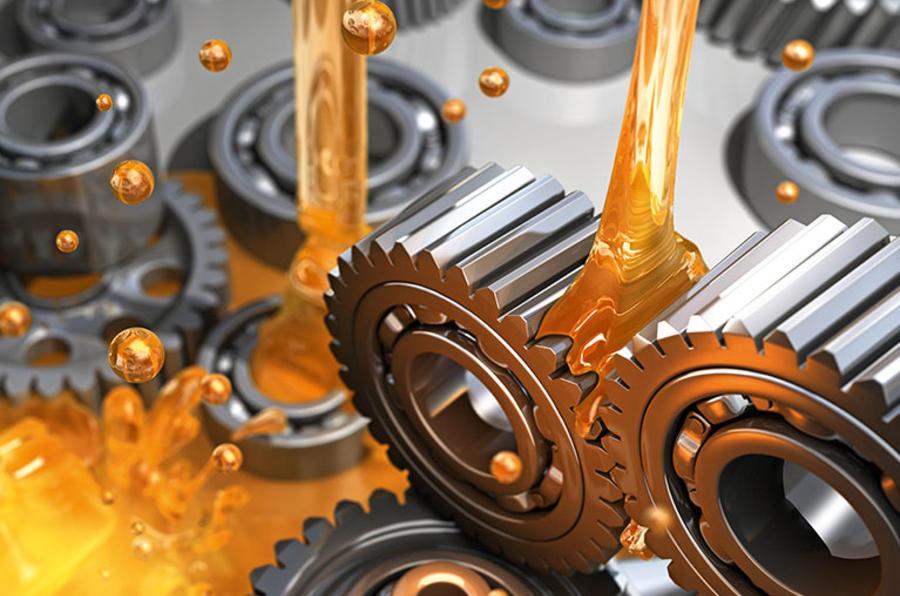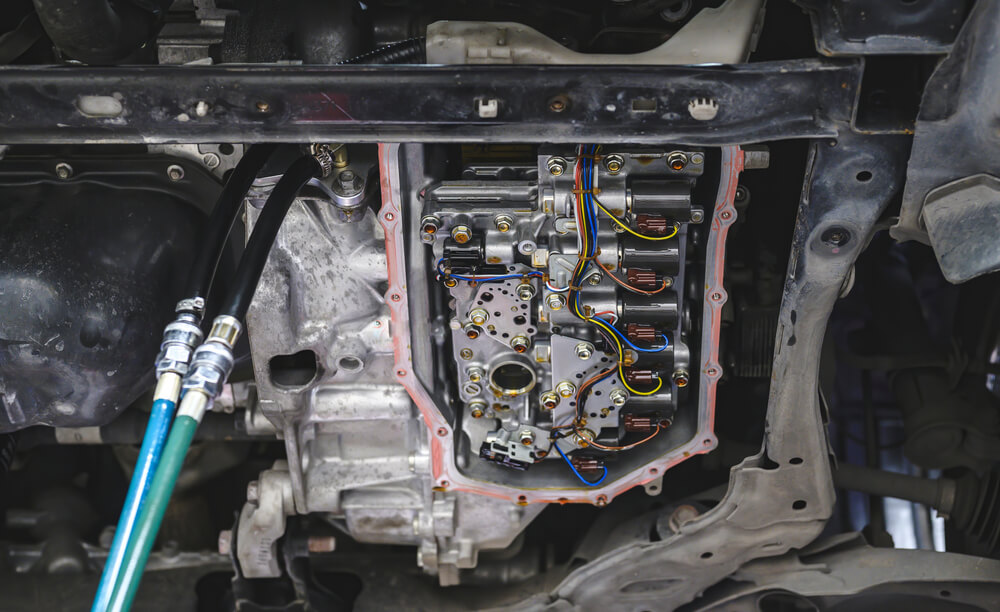
Automatic Transmission Fluid Vs. Gear Oil
The basic difference between transmission fluid and gear oil is the purpose they are designed to serve. Transmission fluid is formulated to work with automatic transmissions, whereas gear oil is essentially meant to work with manual-type gear boxes. However, this blog is about the comprehensive understanding of the two fluids, their properties and how far they differ in other aspects.
While they both are necessary to perform the same role of facilitating gears to change, control the force, and speed of your vehicle, they have their own functionality. Owner’s manual often specifies which type of fluid your vehicle transmission needs.
Automobiles with automatic transmission use automatic transmission fluid. Transmission fluid acts as a lubricant for all the moving components in the transmission system. This type of transmission fluid is a bit thinner and more slippery.
Automatic transmission involves multiple gears that need switching in response to the demands from the engine. Gears within such a system are usually smaller and greater in number when compared to a manual transmission. Hence, the transmission fluid is not only responsible to lubricate the parts, but transfer power from the engine to the transmission.
Transmission oil has detergent to ensure there’s no debris build-up in between the components. It has to act as a coolant and take away the heat from the friction in the moving parts. But to resist the heat, it needs additives for an increased lifespan. It also has anti-foaming properties, which helps to keep unwanted air out of the lubricant.
Gear oil is specifically made for standard transmissions, more often used in automobiles, machinery and trucks. Gear oil is very thick in consistency and has a very high resistance to heat before it burns out and needs replacement. The thickness is to ensure transfer of lubricant throughout the gear train.
A manual transmission involves a system where shafts and gears work together in order to enable shifting of the gear. This generates a lot of heat and friction. Gear oil is engineered to be capable of making the shift as smooth as possible and preventing damage of the parts in the shifting process. It is devised to resist high temperatures, operate under high pressure, and safely transfer the heat from the gearbox.


